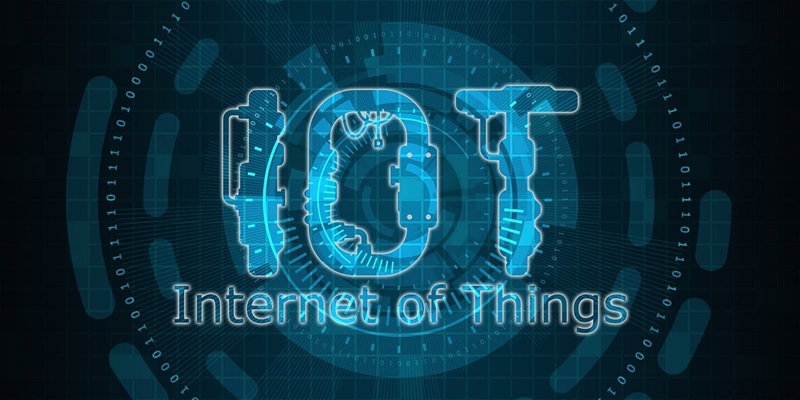As the era of hyper-connectivity progresses, the Internet of Things (IoT) has faced a barrage of challenges that hinder its seamless operation. A staggering 90% of businesses experience regular disruptions in their IoT connectivity, leading to ramifications that extend well beyond technical glitches. These frequent disconnections significantly impair operations and staff productivity, directly affecting the customer experience.
The impact of these disruptions is not limited to mere inconvenience. They represent a deep-rooted problem that can lead to customer distrust and financial losses. Moreover, businesses that rely heavily on IoT are left vulnerable to cyberattacks, which are often facilitated by the very connectivity issues that plague their networks. As a result, companies not only lose sales but also face the grim prospect of customer attrition, compounding the severity of these disruptions.
The Role of 5G and Its Challenges
The advent of 5G technology has been welcomed with open arms, promising faster speeds and improved connectivity. However, it faces the daunting task of supporting the exponential growth of IoT devices—which is expected to reach around 7 billion by the year 2033. While 5G has been touted as the next big thing in network innovation, it currently grapples with bandwidth limitations and infrastructure challenges that render it less than optimal for the ever-increasing demand.
This surge in IoT devices calls for robust connectivity solutions that transcend traditional network paradigms. The conventional systems relying solely on Wi-Fi or single-carrier cellular connections are proving inadequate for the intricate web of interconnected devices. The fragility of the current ecosystem is evident; businesses demand more resilient networks that can withstand the complexities brought by the IoT.
Innovation in Connectivity: The Advent of rSIM
To address the critical need for dependable IoT connectivity, the innovative rSIM technology emerges as a solution. Contrasting with traditional SIM cards that are locked to one carrier, rSIMs can seamlessly switch between multiple networks to maintain consistent service. This capability to automatically connect to alternative networks is vital for businesses relying on constant connectivity.
Industry leaders like Deutsche Telekom IoT and Tele2 are leveraging rSIM technology to spearhead a transformation in network reliability. Richard Cunliffe, a notable executive in the rSIM field, champions these advancements as essential for a reliable and secure IoT infrastructure. With rSIM, there’s optimism for an era where connectivity issues are resolved, heralding a significant leap forward for IoT stability.

